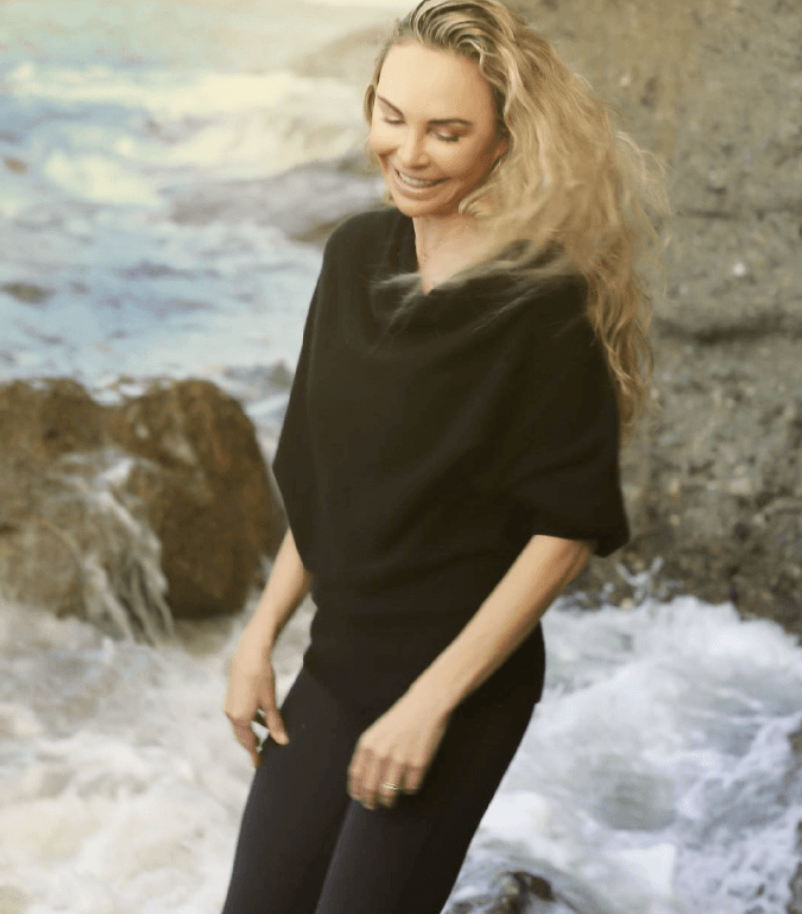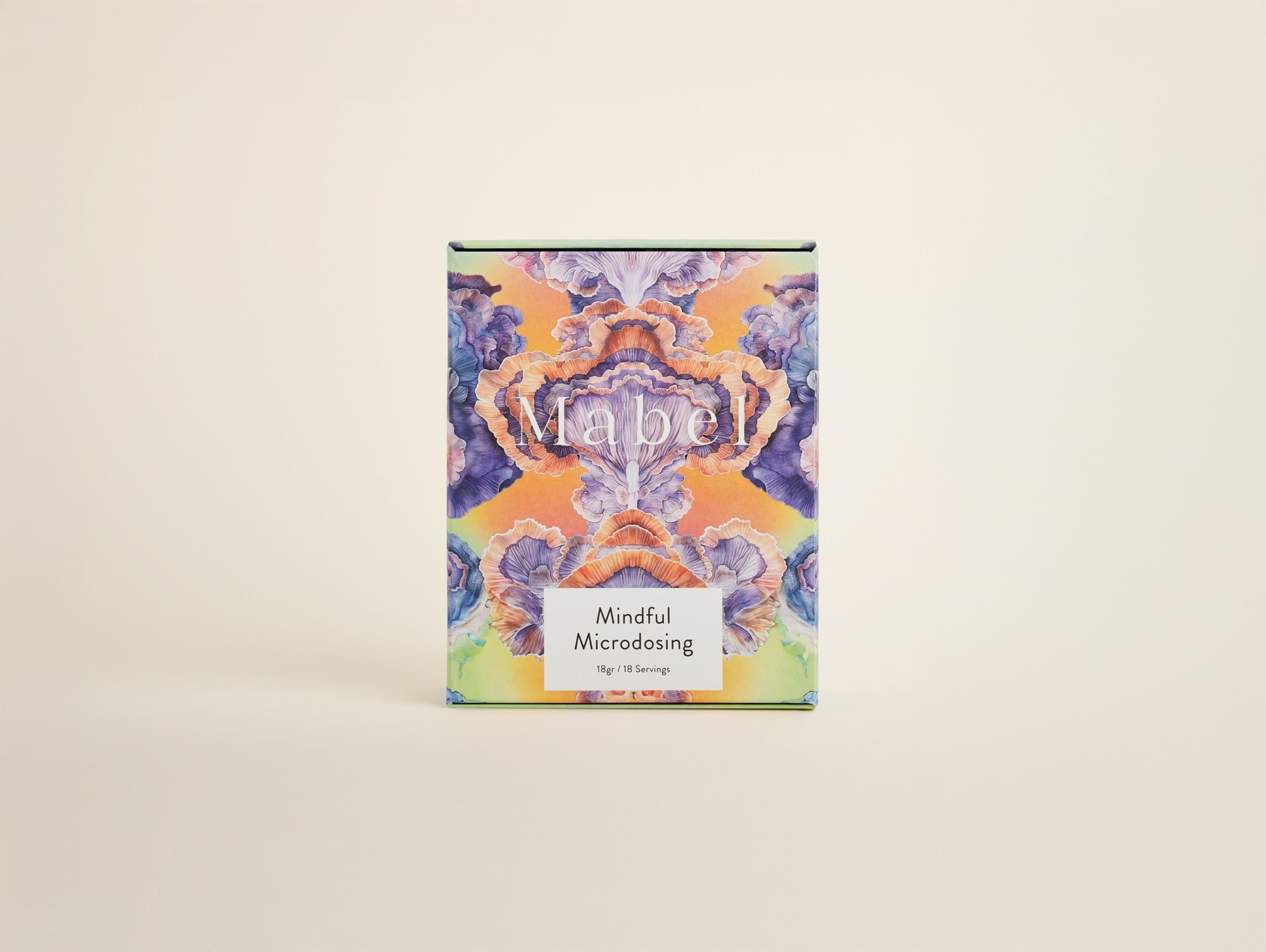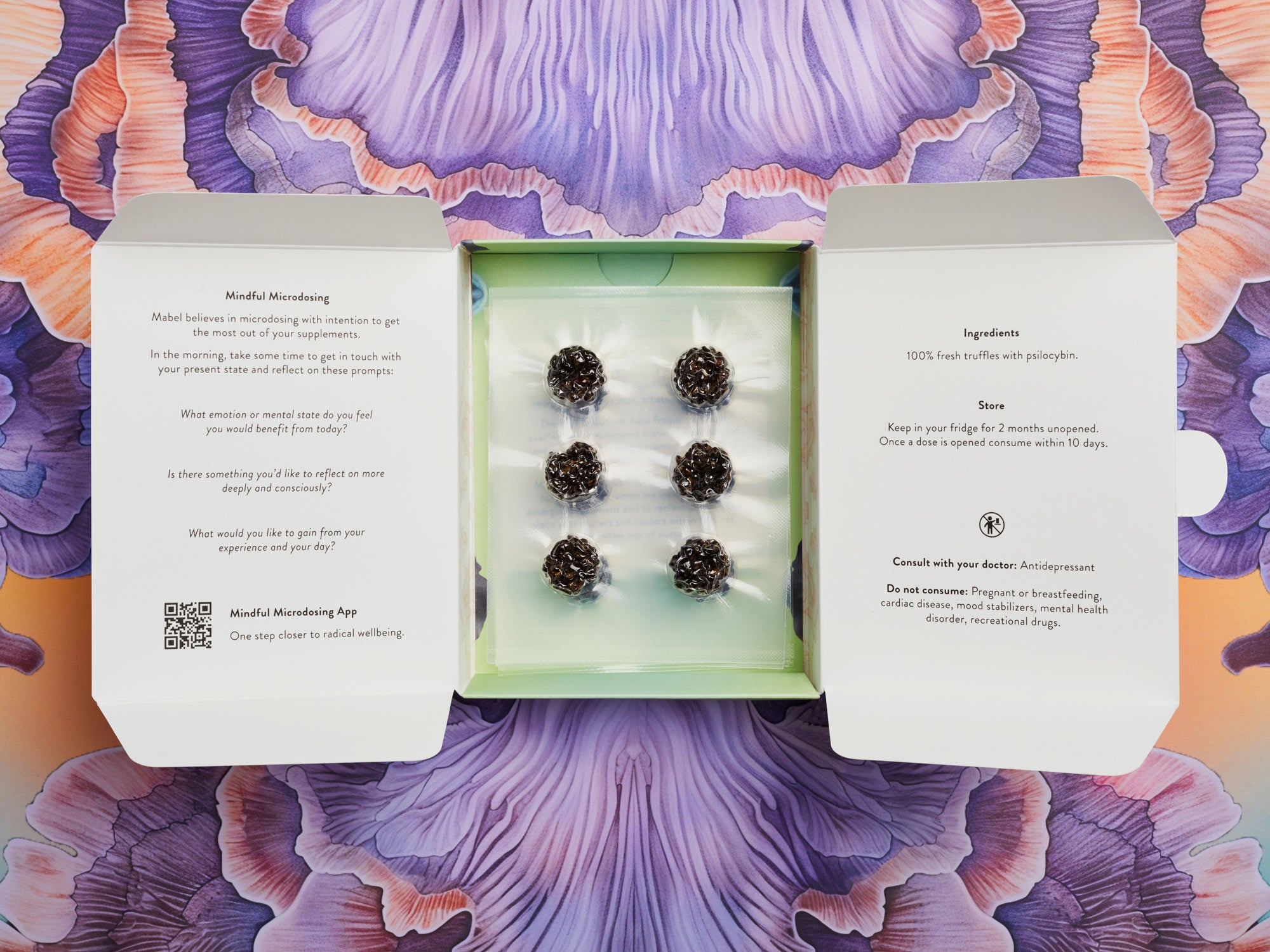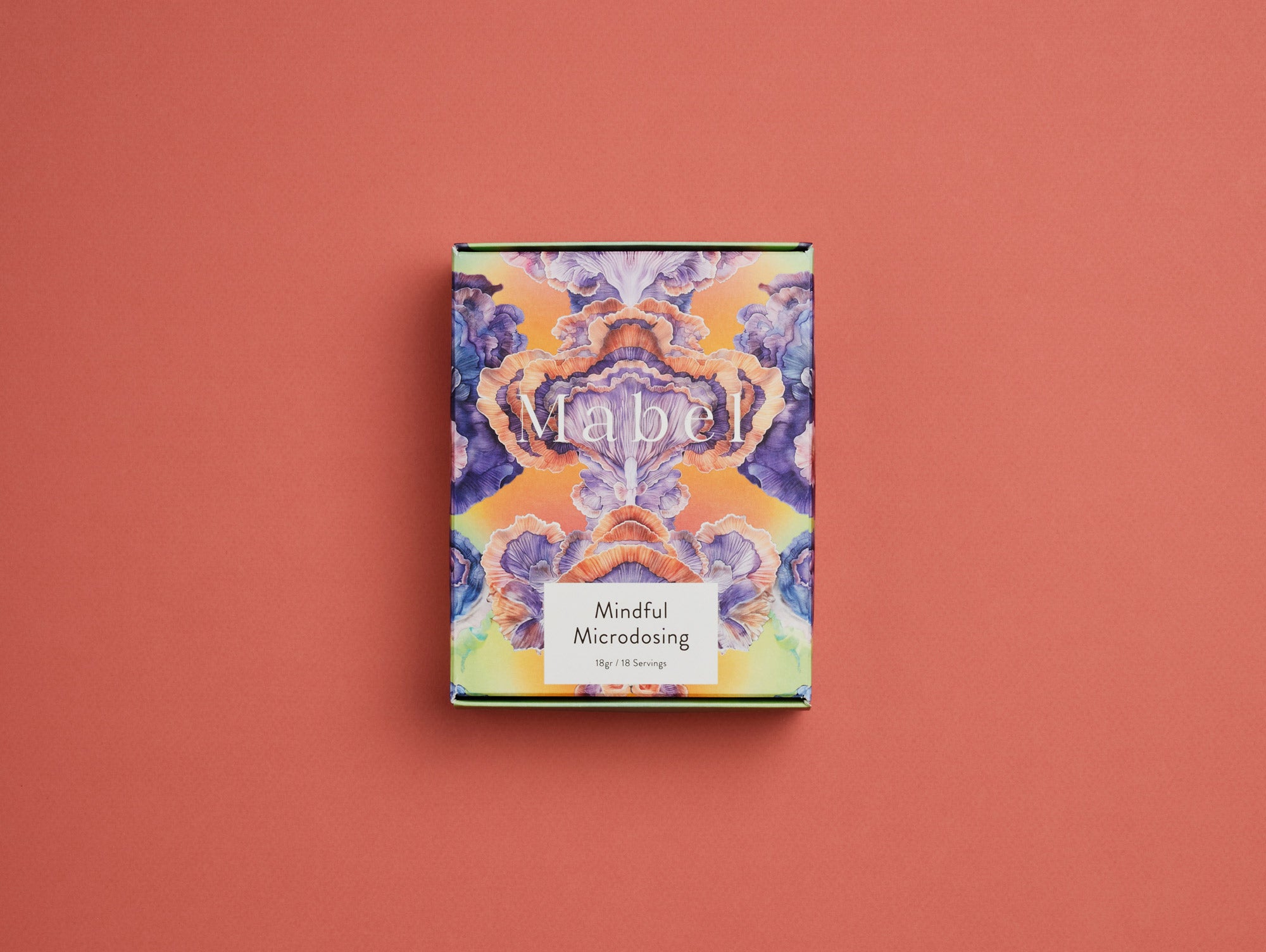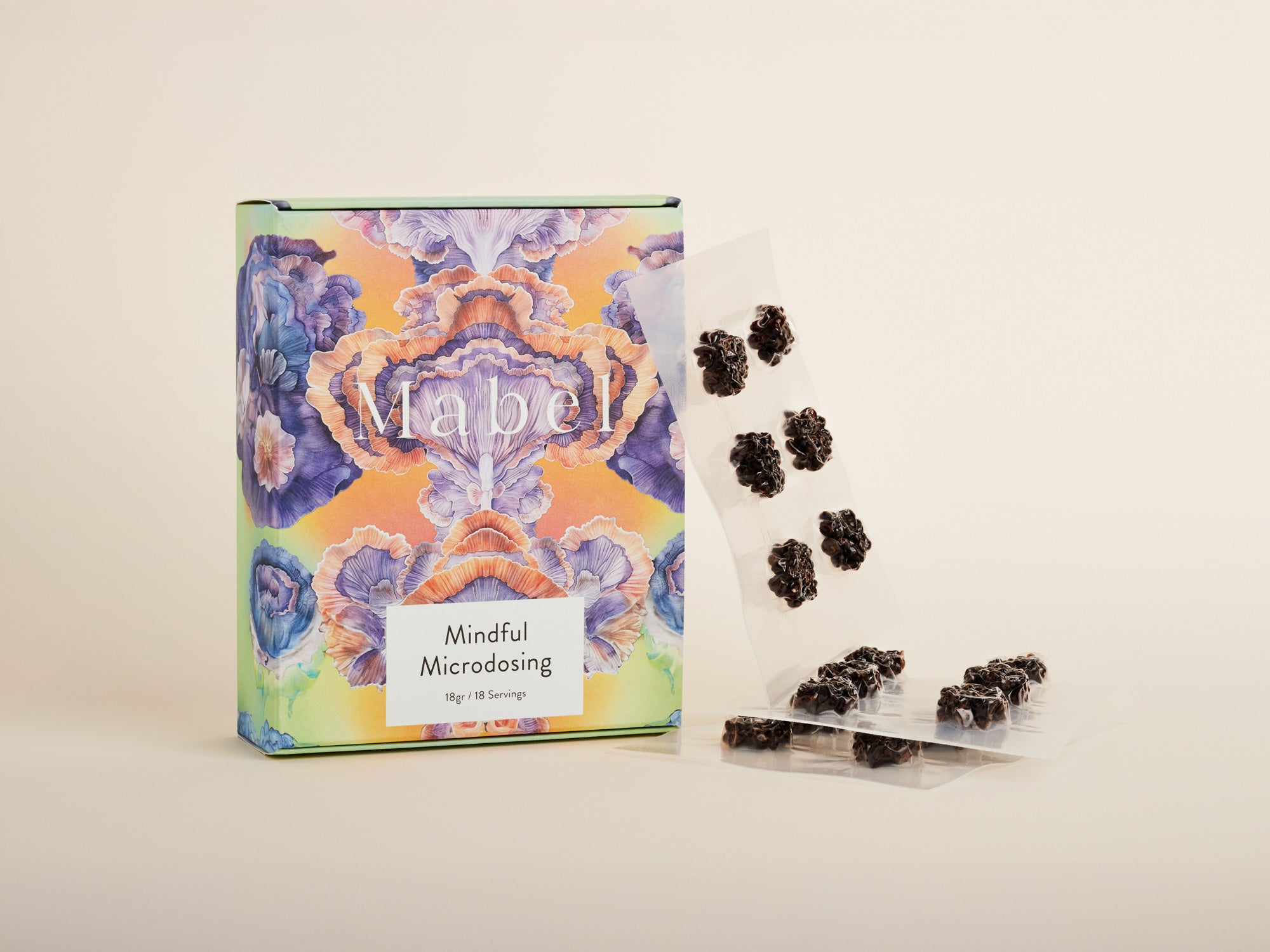We sat down with our wonderful Shauna Shapiro, the teacher in your Mindful Microdosing Program for a chat about what Mindfulness really means and how we can use it in our daily lives.
Shauna shapiro is a psychologist, author and mindfullness experts. Learn more about her here.
Can you tell us about how you found Mindfulness?
Yes! I first discovered mindfulness during one of the darkest times in my life. At 17, I lay in a hospital bed with a metal rod in my spine, watching the future I’d imagined dissolve before my eyes. The hardest part wasn’t the physical pain — it was the fear that I might never feel truly happy again. In those long months of rehabilitation, mindfulness became my way back to myself, my path to healing.
A few years later, I traveled to Thailand and Nepal to deepen my practice, and there I discovered something essential: self-compassion. I realized that learning to be kind to myself was not just helpful but vital — the missing piece of mindfulness that many overlook.
Since then, for more than two decades, I’ve devoted my life to studying and teaching this powerful duo of mindfulness and self-compassion, witnessing thousands of people transform their lives. Now, 25 years after that surgery, I’ve found a happiness more steady and enduring than I ever thought possible. And science confirms what my own journey has shown me: these practices can rewire the brain and create lasting change — in ourselves, and in the world around us.
Mindfulness is a word we hear everywhere these days. But if you had to strip it back — what is mindfulness really about?
Mindfulness is simply paying attention to our lives with kindness. It’s learning to be here for what’s actually happening, instead of lost in autopilot.
If you could sum up the most important benefit of mindfulness in one sentence, what would it be?
It helps us wake up to our lives and meet them with greater clarity, compassion, and choice.
In your view, what makes mindfulness different from other wellness practices like exercise, breathwork, or journaling?
All of those practices are valuable, but mindfulness is the foundation — it’s the quality of presence that allows us to fully receive and benefit from everything else we do.
Is mindfulness more about reducing stress and anxiety, or is it about something deeper?
Stress reduction is a wonderful byproduct, but at its heart mindfulness is about transformation — it’s about how we relate to ourselves, to others, and to life itself.
What does mindfulness feel like for you in your everyday life?
It feels like coming home — a softening, a steadiness, even in the middle of chaos.
Is there a small ritual or practice you return to again and again?
The “Good morning I love you” practice is my daily ritual. Placing a hand on your heart each morning and offering yourself the simple phrase. “ Good morning. I love you” just like you would say to a dear friend family. This will begin planting seeds of self-kindness.
How do you personally use mindfulness when you feel overwhelmed or scattered?
I place my hand on my heart, take a breath, and remind myself: this moment is enough, I am enough.
Many of our community members are women navigating big transitions (hormones, midlife, identity shifts). How can mindfulness hold space for that?
Mindfulness gives us permission to honor change instead of resisting it. It teaches us to listen, to soften, and to trust the wisdom already inside us.
What would you say to someone who feels they “should” meditate but can’t make it work in real life?
Start small. One breath. One mindful sip of tea. Meditation isn’t about perfection — it’s about remembering to come back, again and again.
How can mindfulness help us be kinder to ourselves — especially in a culture that constantly pushes performance and productivity?
Mindfulness lets us see how harsh we are with ourselves, and it offers a radical alternative: compassion. When we treat ourselves with kindness, we thrive.
You created Mabel’s program on mindful microdosing. Why do you think mindfulness is so essential in this context?
Because the medicine opens the door, but mindfulness teaches us how to walk through it with awareness and integrity.
What shifts do you see when people combine a mindfulness practice with microdosing?
They become more intentional, more grounded. It’s not just about enhancing performance — it’s about cultivating wholeness.
How does mindfulness help people integrate — to move beyond just “taking something” into really changing their relationship with themselves?
Mindfulness allows the insights to take root. It helps translate fleeting moments of expansion into lasting transformation in how we live and love.
What’s the biggest myth about mindfulness that you’d love to debunk once and for all?
That it’s about clearing your mind. It’s not. It’s about learning to be with your mind, your heart, and your life — just as they are.
If there’s one thing you hope people carry with them after working with your program, what is it?
That they are worthy of their own kindness. And that mindfulness is a path back to remembering this truth.
Thank you Shauna.
Mush love,
Team Mabel
Our Microdosing
Psilocybin microdosing has gained real momentum over the past decade for its unique ability to gently disrupt negative thought loops and ruminative patterns, offering a sense of reset and renewed perspective, especially for people who haven’t felt helped by more traditional approaches
Read more

Struggling with endometriosis. If you’ve been struggling with endometriosis, know that you’re not alone. The condition affects 10% of women worldwide (roughly 190 million women). Getting the actua...
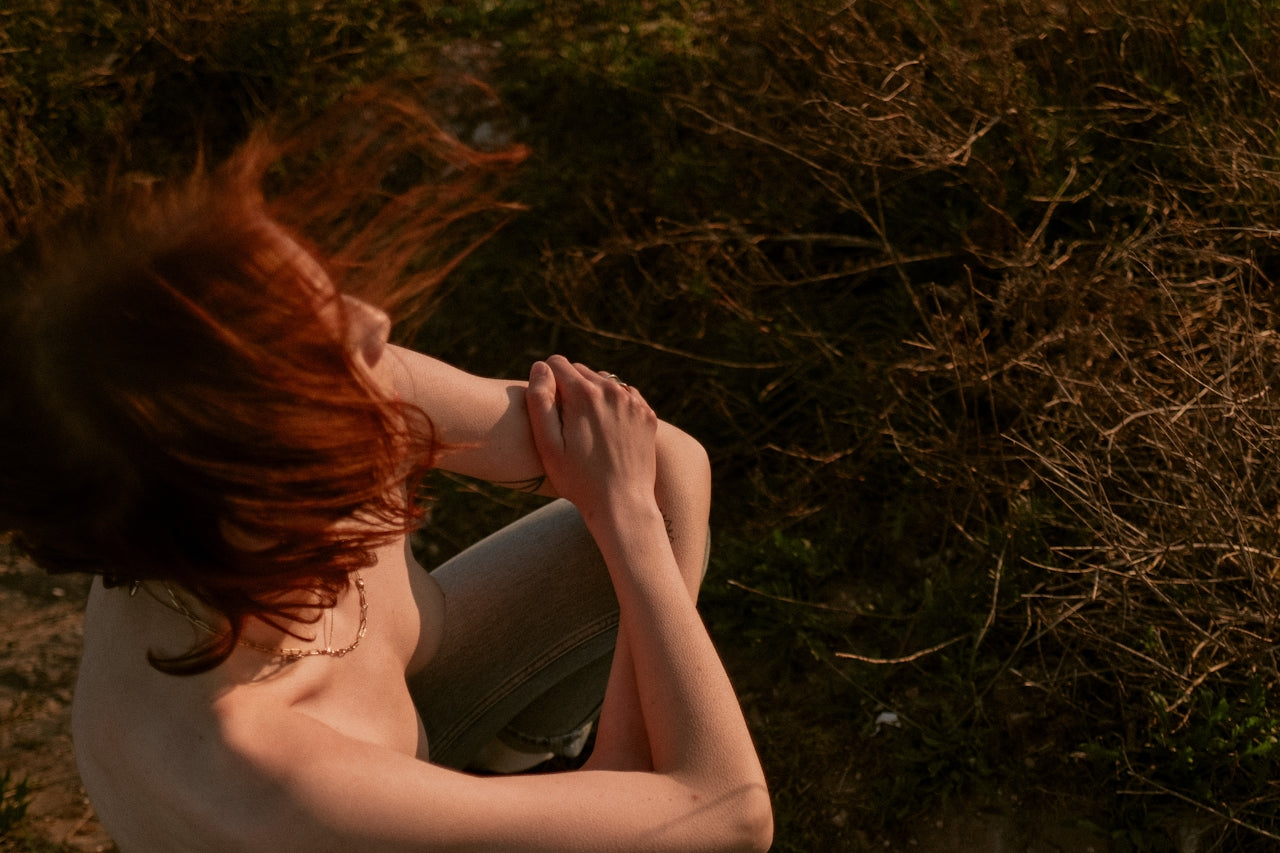
A Gentle Inquiry: Exploring Microdosing Psilocybin for ADHD If you're here, you may be familiar with the daily challenges of living with Attention-Deficit Hyperactivity Disorder (ADHD). You like...


